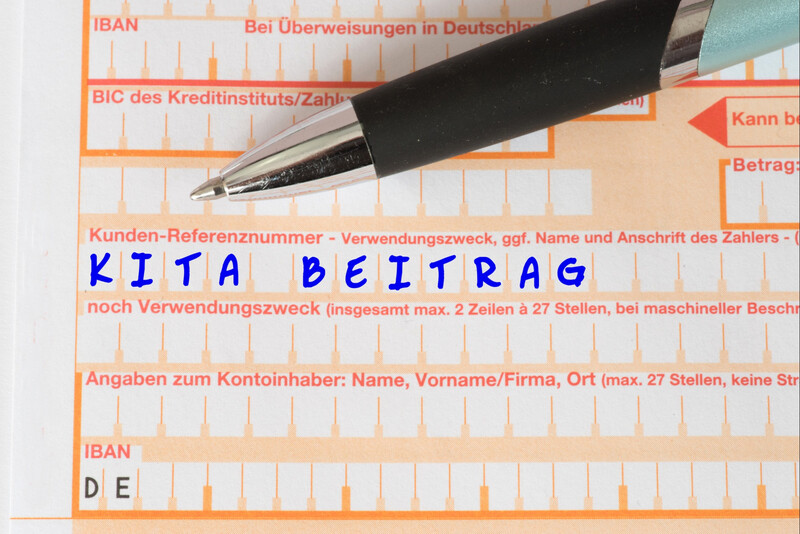Le Comité national des paiements scripturaux (CNPS) et la Direction générale de la concurrence, de la consommation et de la répression des fraudes (DGCCRF) vont sanctionner les entreprises et les organismes qui pratiquent la discrimination à l’IBAN, en refusant les prélèvements et les virements lorsque l’IBAN n’est pas français, mais issu d’un autre pays européen.
Des discriminations qui visent principalement les clients des néobanques
Si les banques françaises émettent des IBAN français, ce n’est pas le cas de certaines néobanques. Lorsqu’elles sont basées dans d’autres pays européens, comme Bunq aux Pays-Bas, ces néobanques émettent des IBAN dont les deux premières lettres correspondent au pays dans lequel elles sont implantées.
Ces banques respectent la réglementation et ont le droit d’exporter leur licence bancaire grâce à leur passeport européen. Pourtant, différents organismes, publics ou privés, refusent régulièrement aux clients de ces banques des prélèvements ou des virements parce que leur IBAN n’est pas français, alors que les tarifs sont les mêmes dans toute la zone SEPA.
Les refus proviennent par exemple de fournisseurs d’électricité, d’opérateurs téléphoniques, de commerçants et même d’employeurs qui n’acceptent pas de virer les salaires sur ces comptes bancaires. Certaines banques traditionnelles refusent également de réaliser des virements à destination de comptes hébergés par des néobanques.
Ces pratiques, appelées discriminations à l’IBAN, sont illégales depuis que le règlement sur l’Espace unique de paiement en euros (SEPA) est entré en vigueur en 2012.
L’article 9 du règlement (UE) n° 260/2012 est très clair à ce sujet : « Tous les comptes de paiement de bénéficiaires accessibles pour un virement national devraient également l’être via un schéma de virement à l’échelle de l’Union. Tous les comptes de paiement de payeurs accessibles pour un prélèvement national devraient également l’être via un schéma de prélèvement à l’échelle de l’Union », détaille-t-il.
La France en tête des discriminations à l’IBAN
Depuis le mois de mars, la plateforme End IBAN Discrimination accueille les témoignages de discriminations à l’IBAN. Elle est le fruit d’une initiative commune de N26, Revolut, SumUp, Raisin, Klarna, Starling Bank et Wise.
Les données collectées en collaboration avec la Direction générale de la Concurrence, de la Consommation et de la Répression des fraudes ont permis d’établir que la France était, parmi les différents pays européens concernés, celui dans lequel on recensait le plus grand nombre de discriminations à l’IBAN.
42,5 % des discriminations à l’IBAN ont lieu en France. L’Espagne occupe la deuxième place (17 %), suivie de l’Allemagne (14 %), de l’Italie (7,5 %), de l’Irlande (5 %), des Pays-Bas (4 %), de la Belgique (2 %) et de l’Autriche (2 %). 6 % des discriminations à l’IBAN ont lieu dans d’autres pays européens.
Selon les données de la plateforme acceptmyiban.org, le secteur public occupe la tête du classement des acteurs pratiquant ces discriminations. Il est responsable de 26 % des cas (notamment l’Assurance maladie), suivi par les services financiers (24 %), les télécoms (20 %), les assurances (16 %), les e-commerçants (5 %), et les fournisseurs d’eau et d’énergie (4 %). Dans 5 % des cas, ces discriminations à l’IBAN sont pratiquées par d’autres acteurs, dont les employeurs refusant de verser les salaires lorsque l’IBAN des employés n’est pas français, mais émis par un autre pays européen.
Depuis le 8 octobre, l’entrée en vigueur d’une nouvelle loi va peut-être changer la donne. Les acteurs persistant à pratiquer ces discriminations sont désormais passibles d’amendes comprises entre 75 000 euros pour les personnes physiques, et 375 000 euros pour les personnes morales.
La DGCCRF et le CNPS vont donc sanctionner financièrement les auteurs de ces discriminations à l’IBAN, et invitent les personnes victimes de ces pratiques à faire un signalement sur le site SignalConso, un service public pour les consommateurs.
